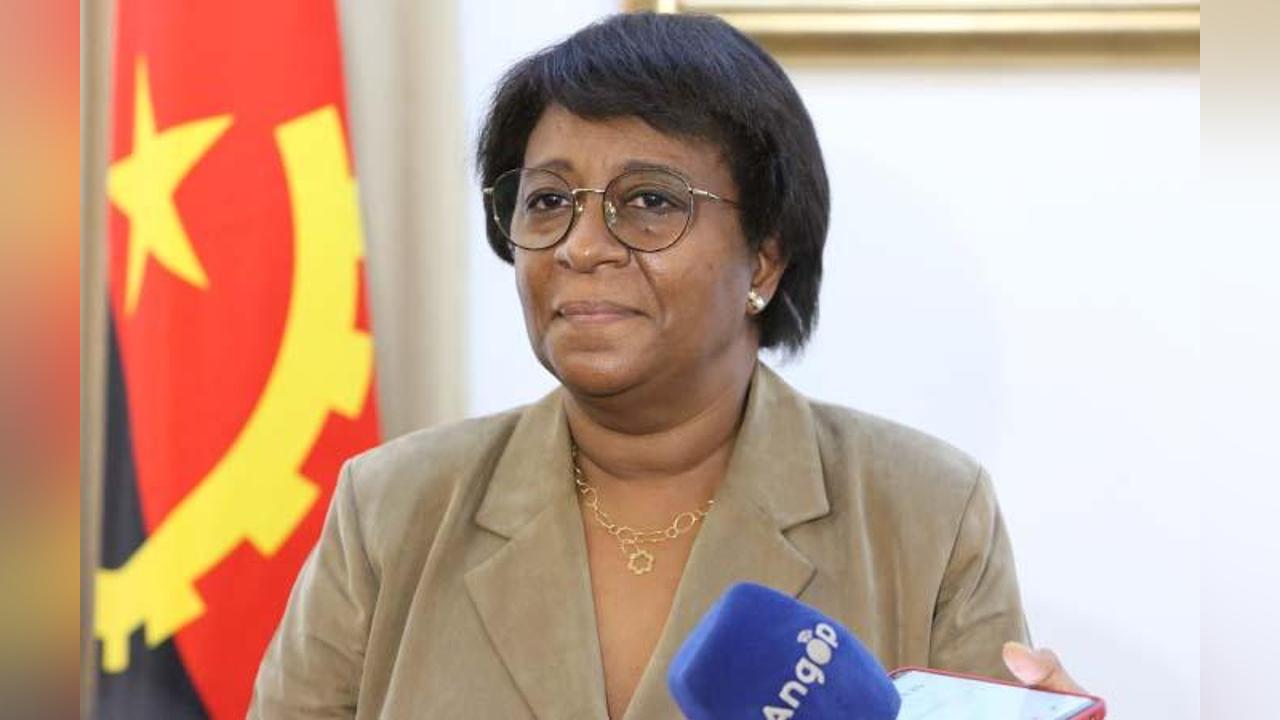Africa-Press – Angola. The Minister of Higher Education, Science, Technology and Innovation, Maria Bragança Sambo, said Friday in Luanda that increasing the use of basic technology constitutes one of the priority strategies for achieving gender equality, with to promote women’s empowerment.
This statement was made at the opening ceremony of the symposium on “Challenges and Opportunities of Education in the Digital Era for Equity and Gender Equality”, reiterating the commitment to include girls and women in order to promote greater access to training and education in areas of science, technology, engineering and mathematics.
According to the official, there is an increasing gap between those who dominate and manipulate technologies, available to those with knowledge and purchasing power, and those who, due to socioeconomic difficulties, find themselves separated from this reality, becoming a fringe of digitally excluded people, among whom women are in the majority.
For the minister, a teaching-learning process supported by digital technologies can help to overcome passivity and make students active subjects and protagonists of their learning.
In this sense, it is also up to school actors to act to eliminate all forms of discrimination based on gender, as well as relationships marked by inequality, constituting an essential part of education for human rights and for active citizenship.
It recognized the complexities of the process, given the sociocultural contours and the barriers that persist and that hinder the inclusion of many students in the digital world.
The same, he continued, represents a huge challenge that requires the intervention of policy makers, education professionals, families and social partners, as only a combined action guided by the principles of social inclusion and gender equality.
Even so, he warned that in the current world context, in which technological innovation is gaining prominence and processes are becoming increasingly digitalised, there are multiple challenges facing institutions and their actors.
In this way, he said that issues inherent to digital education, equity and gender equality now occupy a prominent place in national and international political agendas, influencing the very work dynamics of the most diverse institutions.
He said that this fact constitutes one of the key assumptions for sustainable development, whose implications immediately affect the effective participation, stimulation and appreciation of equal opportunities in accessing the most diverse levels of decision-making in political, economic life , social and public in general.
He added that this has an impact on combating elementary forms of discrimination against people based on sex or gender.
He made it known that Angola, as a signatory to several international commitments in terms of gender equality, has been making important progress in this field, with the approval and implementation of the National Policy for Gender Equality and Equity.
The main objective of the symposium is to promote debate, sharing experiences, lessons learned and good practices that substantiate challenges and opportunities for education, equity and gender equality in the context of contributions on technological innovation.
Participating in the event are national and foreign managers, university professors and students, representatives of ministerial departments and the World Bank, among other personalities.
For More News And Analysis About Angola Follow Africa-Press






